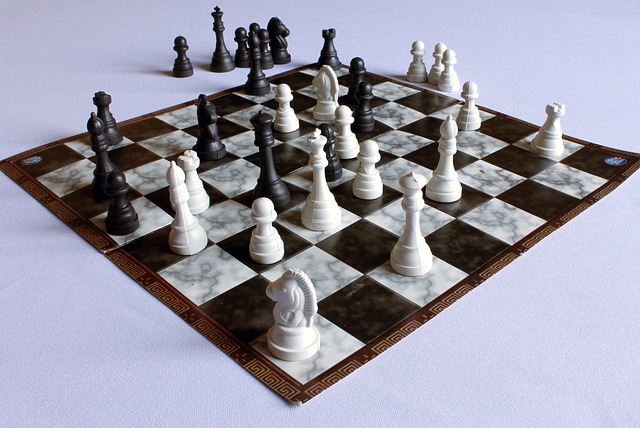The Intersection of Science and Modern Philosophy
In our rapidly evolving world, the importance of ethical reasoning has never been more pronounced. This integral form of thought allows us to navigate the complexities of our lives and decision-making processes, providing a moral compass in the often ambiguous terrain of daily experiences. By intertwining the realms of science and modern philosophy, we seek to uncover a deeper understanding of what ethical reasoning truly represents in today’s society.
Understanding Ethical Reasoning
At its core, ethical reasoning involves the evaluation of moral principles and values to determine the rightness or wrongness of actions. It is not merely an abstract concept, but rather a practical tool we employ in both personal and communal contexts. In an era marked by significant technological advancements and scientific breakthroughs, the challenge of ethical reasoning takes on heightened significance. For instance, breakthroughs in genetic engineering and artificial intelligence prompt profound questions about the implications of our actions and the responsibilities we bear towards others.
The Role of Science
Science, with its empirical methods, provides invaluable insights into the human condition and the world around us. It equips us with the data necessary to make informed decisions. For example, the scientific study of psychology sheds light on human behavior, helping us understand why we make certain choices and how they affect others. However, while science reveals facts and information, it does not offer moral guidance or prescribe values. This is where ethical reasoning comes into play, as it allows us to apply the knowledge we gain through science to form judgments about right and wrong.
Modern Philosophy’s Contribution
Modern philosophy deepens our exploration of ethical reasoning by challenging preconceived notions and expanding the conversation around morality. Philosophers like John Stuart Mill and Immanuel Kant have laid foundational theories that still resonate today, urging us to think critically about our ethical obligations. Mill’s utilitarianism, for example, prompts us to consider the greatest happiness for the greatest number, while Kant’s deontological approach emphasizes duty and respect for individuals. These philosophical frameworks encourage a nuanced understanding of ethical dilemmas, allowing us to approach complex situations with a more comprehensive perspective.
Bridging the Gap
When we fuse the insights of science with the principles of modern philosophy, we create a holistic framework for ethical reasoning. This intersection helps us grapple with contemporary issues such as climate change, healthcare distribution, and technological ethics. As we navigate these challenges, the partnership between scientific knowledge and philosophical inquiry becomes vital. By fostering a dialogue between the two, we cultivate a more profound appreciation for the ethical dimensions of our choices.
Ultimately, embracing ethical reasoning means committing to a continuous journey of learning and self-reflection. As we consider the implications of our actions, let us remember that both science and philosophy are essential allies in guiding us toward a more ethical future. In doing so, we empower ourselves to make decisions that resonate with our values and contribute positively to the world around us.




